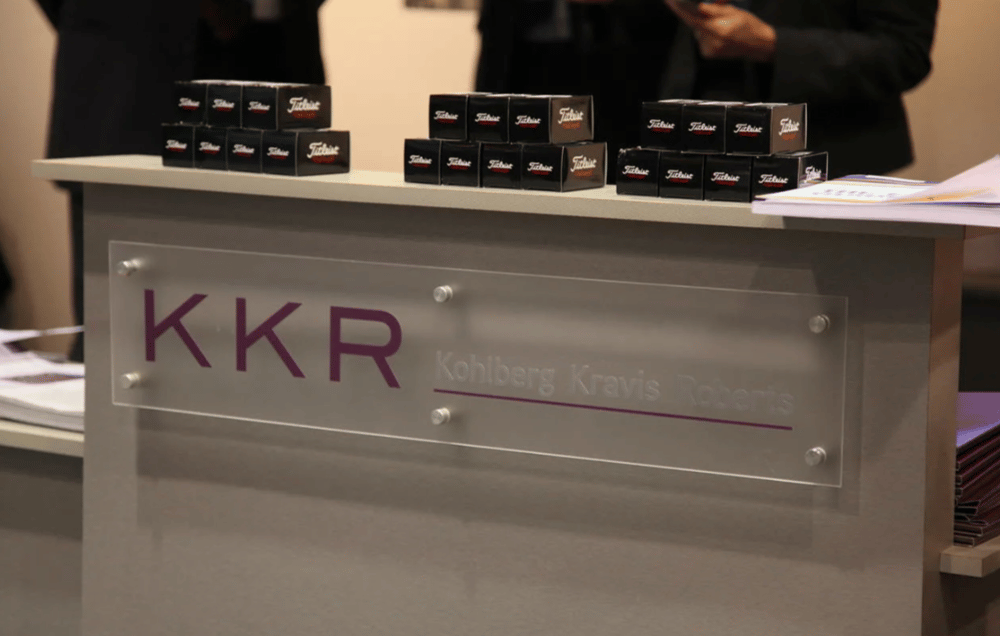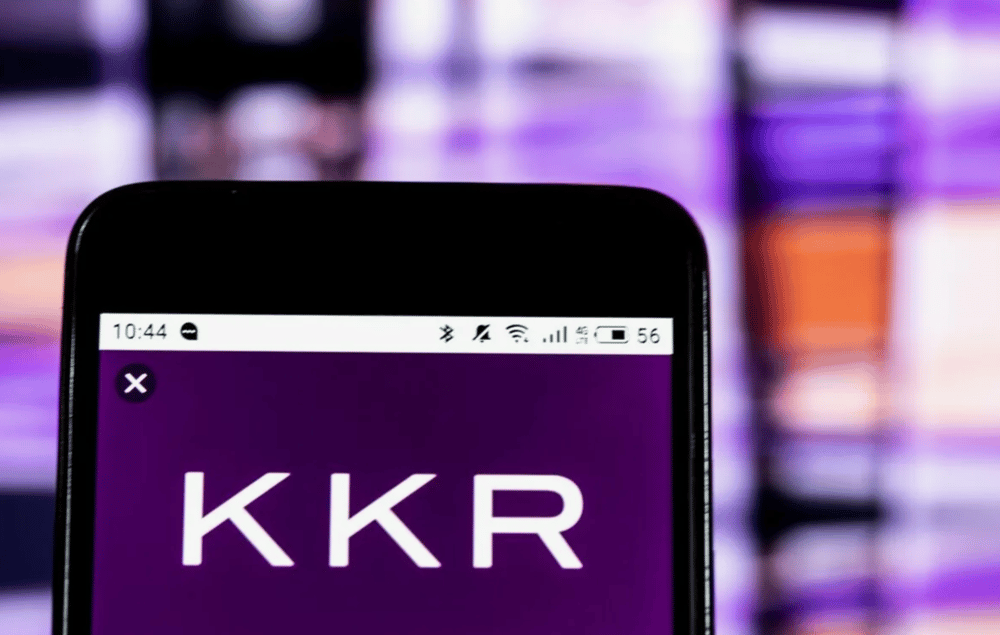
The blend of forward-thinking investments with cutting-edge automation technologies promises to reshape the industry's future
KKR's impressive profit surge highlights its ability to leverage market opportunities even in uncertain times.

KKR & Co Inc. $KKR posted a nearly 20% increase in first-quarter profit, propelled by rising management fees and its robust position within the alternative investment space. With $116 billion in dry powder at its disposal, the firm is preparing to capitalize on emerging market dislocations — a reflection of how large-scale asset managers can thrive amid economic turbulence.
KKR’s latest results underscore the structural resilience of alternative asset managers, especially during periods of macro uncertainty. While traditional deal-making has slowed and exits remain constrained, firms like KKR are still generating substantial revenues from long-term fee structures tied to assets under management (AUM), rather than transaction activity alone.
In its earnings release, KKR highlighted the growing attractiveness of distressed and undervalued opportunities — a scenario that often emerges when financial volatility reshapes asset prices and investor sentiment.
Management Fee Growth: As assets under management expand, so do recurring fees. KKR benefited from ongoing client allocations into private credit, infrastructure, and real estate strategies.
Delayed Exits, Stable Earnings: Although exit volumes are low due to high interest rates and valuation gaps, KKR’s earnings remain supported by fee-based income rather than reliance on one-off sales.
Strategic Capital Deployment: With $116 billion in available capital, KKR is well-positioned to acquire assets at discounted valuations, particularly in stressed industries or geographies.
Operational Scalability: As one of the largest global alternatives managers, KKR enjoys economies of scale that enhance profitability even when deal volumes fluctuate.
Investor Shift to Alternatives: Institutional investors continue to increase exposure to private markets for diversification and yield, favoring large platforms like KKR.

Dry Powder Advantage: KKR’s massive uncommitted capital base provides optionality to act quickly as market conditions evolve.
Diversified Investment Platform: Exposure across private equity, credit, infrastructure, and real estate allows flexibility in capital allocation.
Fee-Based Stability: Even with fewer exits, the firm’s recurring revenue model insulates it from deal-making slowdowns.
Long-Term Fund Structures: Locked capital commitments enable patient investing through multiple market cycles.
Global Footprint: KKR's international reach offers access to distressed or growing markets often overlooked by smaller players.
Rather than being hindered by a tepid M&A and IPO landscape, KKR appears to view the current macro backdrop as fertile ground. Historically, alternative asset managers have generated some of their most lucrative returns when market sentiment is low and valuations are depressed. With a flexible capital base and a seasoned investment apparatus, KKR’s approach remains geared toward opportunistic yet disciplined deployment.
This quarter's strong showing reflects not only operational strength but also the evolving preferences of institutional allocators seeking performance uncorrelated with public markets — a trend that is likely to sustain demand for alternative investments even as traditional financial markets recalibrate.